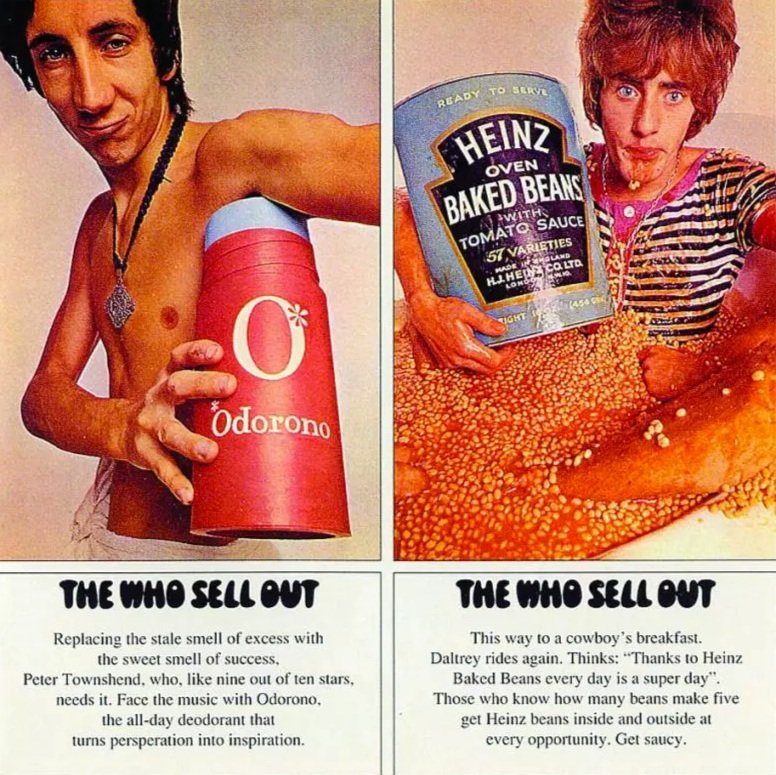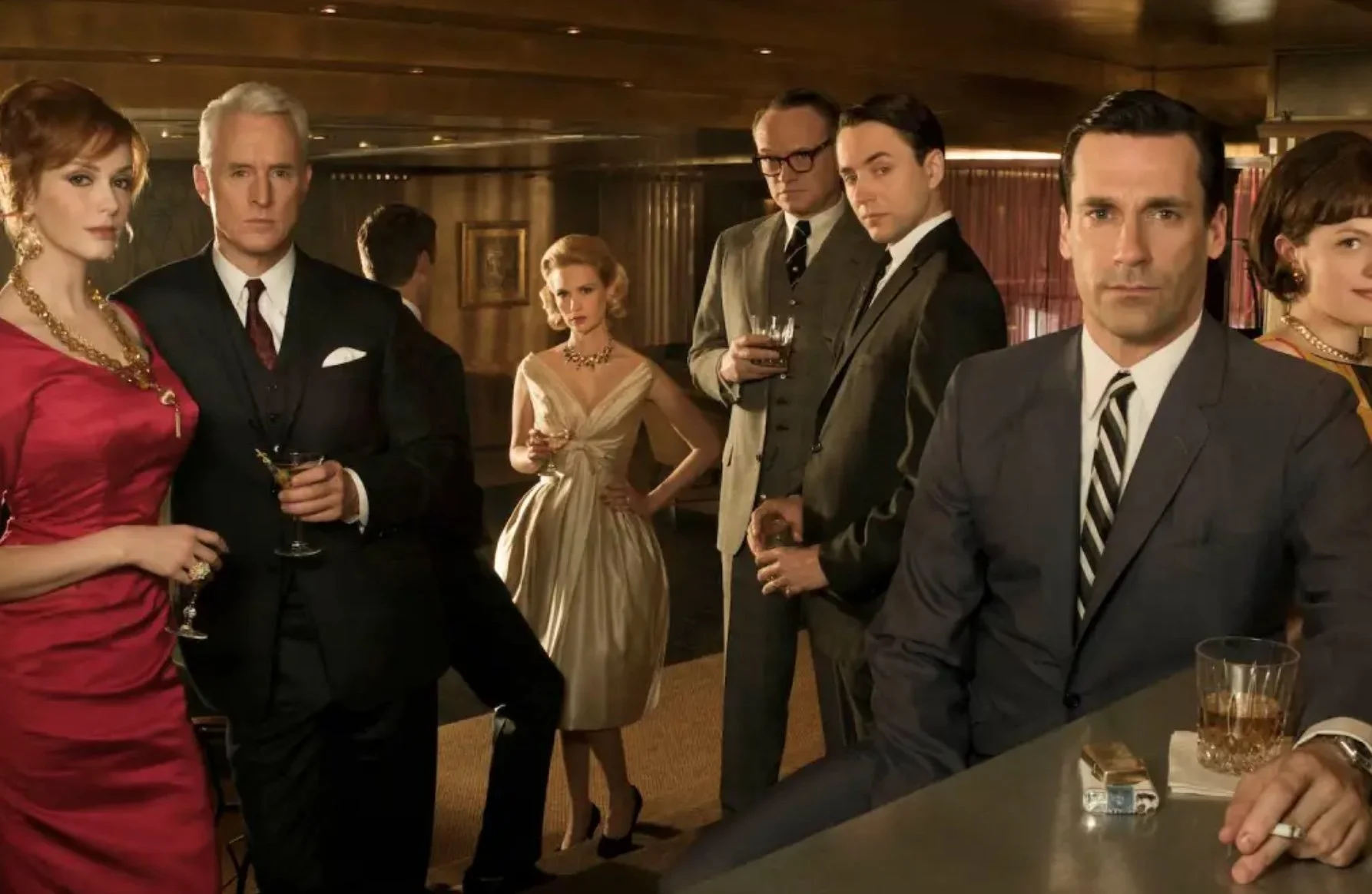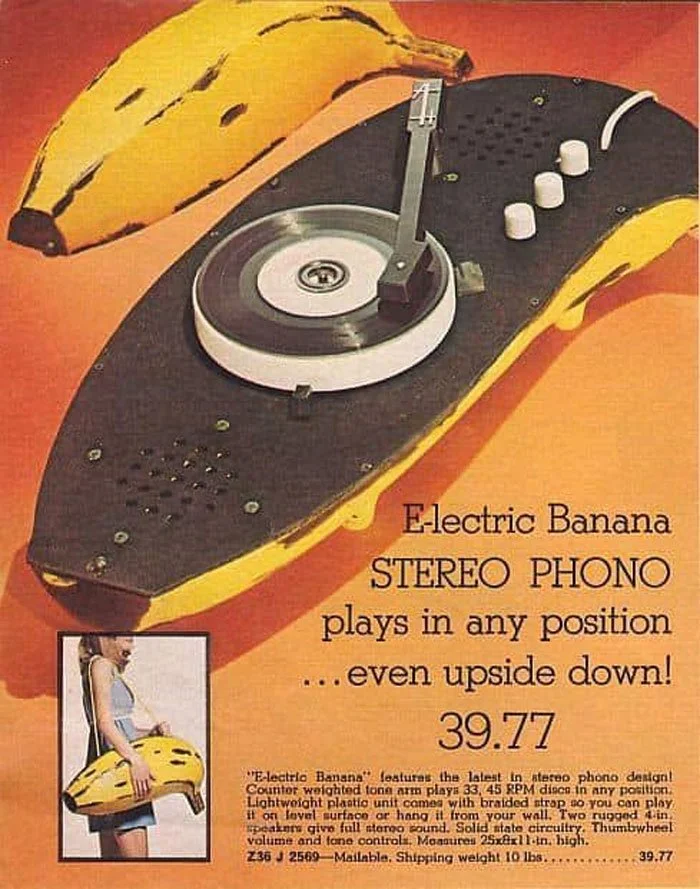Martini time again: Mad Men (and women)
By The Landlord
“Advertising is the art of convincing people to spend money they don't have for something they don't need.” – Will Rogers
“Advertising is the rattling of a stick inside a swill bucket.” – George Orwell
“Advertising is an environmental striptease for a world of abundance.” – Marshall McLuhan
“When advertising is involved, you, the user, are the product.” – Jan Koum
“I have been asked what would I ban immediately if I could. Advertising.” – Vivienne Westwood
“Advertising - a judicious mixture of flattery and threats.” – Northrop Frye
“Advertising is - quite often - alive to our real needs. It's just the products on offer might not be the things that will help us satisfy them.” – Alain de Botton
“Great advertising triggers an emotion in you. It has purpose. It touches a nerve, and that provokes a reaction.” – David Droga
“The secret of all effective advertising is not the creation of new and tricky words and pictures, but one of putting familiar words and pictures into new relationships.” – Leo Burnett
“When governments rely increasingly on sophisticated public relations agencies, public debate disappears and is replaced by competing propaganda campaigns, with all the accompanying deceits. Advertising isn't about truth or fairness or rationality, but about mobilising deeper and more primitive layers of the human mind.” – Brian Eno
“People want to be told what to do so badly that they’ll listen to anyone.” “Just think about it deeply, then forget it, and an idea will jump up in your face.” – Don Draper, Mad Men
“For mash get Smash.” – Cadbury’s alien robot
And so this is Christmas ... a time, as well as coming together, of inescapable purchasing, mass consumption and commerciality. And yet, as our media and screen habits evolve, while once upon a time TV advertising was impossible to escape, now, depending on your viewing and lifestyle, it’s also becoming something of a retro format, and even a subject of nostalgia. We can pay subscriptions not to see them, and download software to skip them online, though not always successfully, and marketing forces certainly won't give in that easily. This is an ongoing battle of the algorithms between us small consumers of culture, and Goliath Google's voracious appetite to gather colossal wealth by amassing continual click-through rates.
I think all of us have a bit of a love-hate relationship with commercials. Well, perhaps mainly hate. But I fondly remember, for example, the Hamlet cigar ads that imaginatively set up various amusing disaster scenarios before the calm that melody from JS Bach’s Orchestral Suite No. 3 in D major, Air on the G String, accompanied that relaxing coil of luxuriant smoke, and particularly that one in the photo booth featuring the facial expressions of Gregor Fisher.
Or the sensual passion of galloping horses in the crashing waves with a Polynesian surfer in Hawaii, accompanied by Leftfield’s Phat Planet, in that famous ad directed by Jonathan Glazer, the churning black-and-white scene frothing up the feel of a pint of Guinness.
Going back, no doubt we all remember tunes and jingles and catchphrases and advertising images from childhood and beyond.
Advertising could be called an artform, and sometimes indeed it is. “Advertising is the greatest art form of the 20th century,” declared Marshall McLuhan, but that depends on how your define artform. Now we live in a world where celebrities themselves are walking adverts, so-called influencers on social media, paid for by brands to be seen with their products. So while there are some classics, many ads, often disguised as something else, are formulaic, predictable, annoying dross, like buzzing flies you’d wish to swat, during which you want to look elsewhere, check your messages, or head off to the kettle to make tea.
But it doesn’t have to be this way. This Christmas week, we're not here to celebrate famous or infamous TV ads or songs that have appeared in them. We certainly don’t want to teach the world to sing in perfect harmony with a bottle of Coca-Cola. That could be for another week, and also because we're a global bar, with different adverts and products.
Instead it's time to have fun with the format, to take control of it, and, amid the onslaught of the season, to be creative, to subvert, parody or paint a sensual experience, by suggesting songs or pieces of music that could appear in fictional commercials for … absolutely anything at all.
How and where might that start? There are lots of different ways and directions to take this. You could think of an existing product, and then songs that would work for it, by employing its title, lyrics or musical style. Or create one of your own.
Among the most advertised things in history include cars, bathroom products such as shampoos or face creams or toilet paper, insurance, holidays, pet food, beds and mattresses, childrens' toys, soft drinks, alcoholic drinks, tobacco products, myriad of snacks such as chocolate bars, crisps, nuts, burgers, ice cream and other desserts, sliced bread, computers, sofas and other furniture, gambling, credit cards, household paints, delivery services. Mostly of course, it's the things we don't really need. But for ideas, here's a link to a list of the so-called 100 most popular product TV ads in history, but why not create your own with alternative products and accompanying music?
Alternatively, another way to do it might be to start with a favourite song yet to make playlists. What does the title or lyric conjure up in your mind? Of already zedded examples, The Rolling Stones' Paint It Black might be about bereavement, but could a tasteless ad exec choose to use it for Dulux paints? Or might Queen and David Bowie's Under Pressure work well for Michelin tyres? Would Adam and the Ants' Stand And Deliver do it for DHL or FedEx? Or Blondie's Picture This get snapped up for click-throughs on Nikon cameras? You get the – er – picture.
Or your use of a song might be less literal or pun-related. It could be more Expressionist, capturing unspecific words or images, and be more about feeling or emotion. Listening to music often paints a picture in the head, or makes a movie in the mind, perhaps something unrelated to its subject matter. The rhythm, the style, the sound, can evoke all kinds of associations. Be as free as you like with this, with a song link and a little justification or description or just a product name.
The whole point of this topic is to be playful, to be funny or serious, satirical, cerebral or sensual, simple or complex, abstract or expressive, imaginative and ingenious.
How about a commercial for kilos of kindness as well as for Kindle Eggs? How about a box of spare time as well as one of Kellogg’s? Maybe an ad for knee replacements as well as nuts? You might also enjoy lampooning well-known commercials with your own versions.
But while advertising is supposed to be about selling products, it is really about associating feelings, deep-seated emotions, value systems, a sense of belonging, security, self and identity, and therefore selling those too. It’s deeply manipulative of course, channeling our inner desires, and is often about pushing items we don’t really want or need
“Society drives people crazy with lust and calls it advertising,” said the writer and film critic John Lahr.
“If advertisers spent the same amount of money on improving their products as they do on advertising then they wouldn't have to advertise them,” remarked the vaudeville performer and social commentator Will Rogers.
“Advertising generally works to reinforce consumer trends rather than to initiate them,” wrote American journalist and sociologist Michael Schudson
Advertising mogul David Ogilvy, and founder of agency Ogilvy & Mather, tells us that: “It takes a big idea to attract the attention of consumers and get them to buy your product. Unless your advertising contains a big idea, it will pass like a ship in the night. I doubt if more than one campaign in a hundred contains a big idea.”
And here’s actress Julianne Moore with a music reference: “There was a period of time in America where the advertising world actually went to the housewives of America and had them write jingles that would appeal to them. It was actually brilliant marketing.” Perhaps that’s another form of the focus group.
I cited this series in our past topic of songs about the id, ego and superego, but again relevant is that great editor and writer Adam Curtis’s 2002 documentary series, The Century of the Self. It starts with the work of psychoanalysts Sigmund Freud and Anna Freud, but focuses primarily on Sigmund’s nephew in America, PR consultant Edward Bernays, one of the most influential, if lesser known figures of the 20th century, who uses his uncles ideas in the dark arts of advertising, initially known perhaps more accurately as propaganda. As Curtis puts it: “This series is about how those in power have used Freud's theories to try and control the dangerous crowd in an age of mass democracy … Bernays was the first to take Freud's ideas about human beings and use them to manipulate the masses. He showed American corporations for the first time how they could want things they didn't need by linking mass produced goods to their unconscious desires."
The series is packed with extraordinary footage, interweaving products and politics, music and subliminal messages.
But for a more comical and biting take on the subject, it’s worth taking a look at the 1989 feature film How to Get Ahead in Advertising. It was director and writer Bruce Robinson’s follow-up the classic Withnail & I, and also featured Richard E Grant in the lead. And while a mere shadow of Withnail & I’s brilliance, with not nearly as good a supporting cast :-) it’s still an entertaining satire on the advertising business
Grant plays a mentally unstable advertising executive, Denis Dimbleby Bagley, who suffers a nervous breakdown while making an advert for zit cream. He suffers with a crisis of conscience about the ethics of advertising, displaying increasing manic behaviour, and begins to notice a boil on his right shoulder symbolising these deep-seated dilemmas. He decides to have the boil removed in hospital, but moments before he is taken into the operating room, the boil quickly grows into an evil replica of his head (but with a moustache) which takes over his body, covers Bagley's original head, asking doctors to lance it, which is done since nobody has noticed the switch from left to right nor the new moustache. The title of course is a pun on getting ‘a head’ in advertising:
Your song suggestions might well suggests products no one should ever buy. Which brings us to the incomparable TV drama series Mad Men, capturing the 1950s-70s heyday of the Manhattan advertising industry, about the culture of the times, the racism and sexism of course, and the lightbulb moments of fictional creative head honcho Don Draper. In this early clip, the firm, meeting with top client cigarette brand Lucky Strike, wrestles with how to get round the fact that it has now been officially announced that their product is damaging to health and causes cancer. So during an uncomfortable encounter, Draper eventually comes out with a tag line (“It’s toasted”) and this winning summary of what the whole process is all about:
“Advertising is based on one thing - happiness. And do you know what happiness is? Happiness is the smell of a new car. It's freedom from fear. It's a billboard on the side of the road that screams with reassurance that whatever you're doing is OK. You are OK.”
And in his Mad Men Finale, series creator Matthew Weiner writes:
“I had a dream I was on the shelf in the refrigerator. Someone closes the door and the light goes off, and I know everybody's out there eating. And they open the door and you see everyone smiling and they are happy to see you but maybe they don't look right at you and maybe they don't pick you. And then the door closes again, the light goes off.”
So then, what emotions with products conjured up in song, will make the fridge light of inspiration come on for you? Let your imagination run wild. Embracing and consuming it is is the music-inspired marvel that is magicman! Deadline for suggestions and when playlist publication date will be announced sometime next week.
In the meantime, this leaves me to thank you all for another fabulous year of music, and for all your many fabulous contributions, and to wish you all a very Merry Christmas. It’s a weird world …
Hopefully your ideas will also be fruitful …
New to comment? It is quick and easy. You just need to login to Disqus once. All is explained in About/FAQs ...
Fancy a turn behind the pumps at The Song Bar? Care to choose a playlist from songs nominated and write something about it? Then feel free to contact The Song Bar here, or try the usual email address. Also please follow us social media: Song Bar Twitter, Song Bar Facebook. Song Bar YouTube, and Song Bar Instagram. Please subscribe, follow and share.
Song Bar is non-profit and is simply about sharing great music. We don’t do clickbait or advertisements. Please make any donation to help keep the Bar running:



